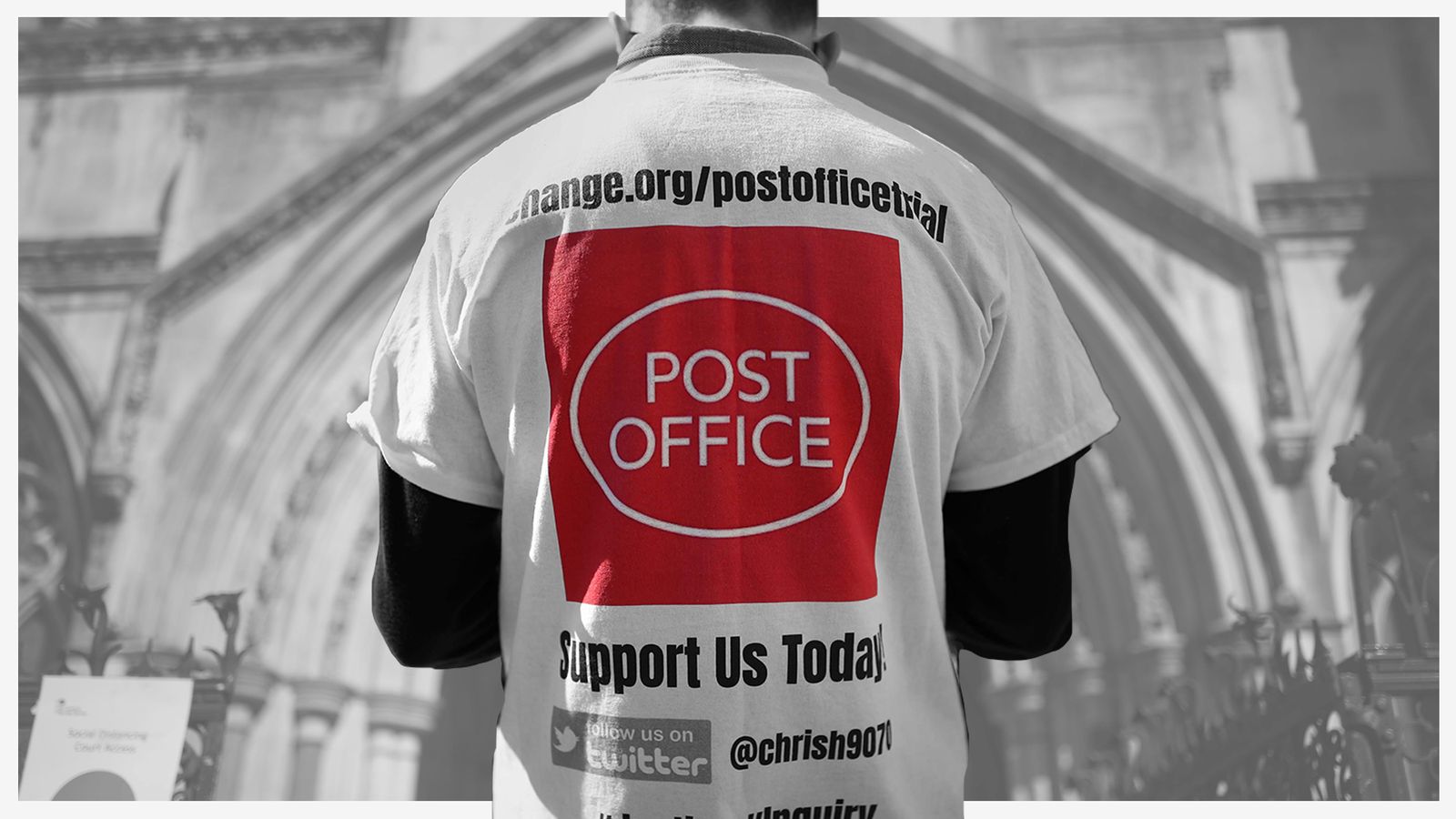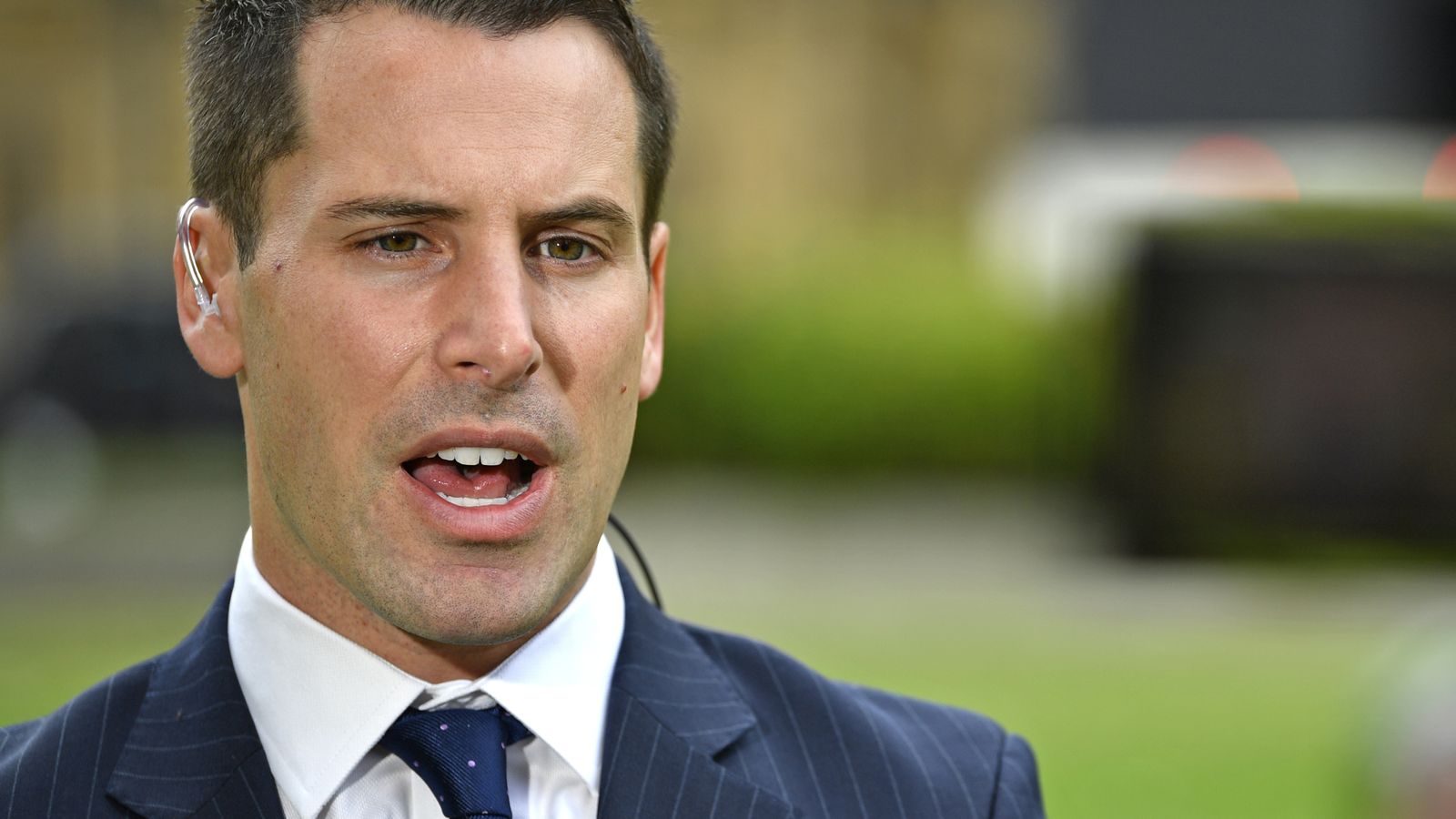You might not trust the Post Office with your parcels but one thing it seems the disgraced organisation can still deliver is drama.
After ITV’s Mr Bates vs The Post Office did what a decade of investigative journalism could not – and made the public and politicians give a damn about wrongly convicted postmasters – we had a Westminster sequel.
Staged by the business and trade select committee and starring some of the real-life characters behind the television version, it saw current and former directors of the Post Office shred each other’s reputations while Alan Bates and his peers looked on.
Call it Henry Staunton vs Nick Read, Kemi Badenoch, and Anyone Else Who Fancies It, anyone who sat through all five hours may have found themselves as gripped and disgusted as they were by the original.
Officially the evidence sessions were billed ‘Post Office and Horizon: Compensation – follow up‘, a chance for MPs to hear from those delivering the financial redress the government says it is finally prioritising.
We heard from Mr Bates and two of his peers, Tim Brentnall and Tony Downey, as well as a phalanx of lawyers and officials from the department for business, but the star turn was always going to be former chairman Mr Staunton, scheduled last on the bill.
Please use Chrome browser for a more accessible video player
The boardroom veteran had responded to being sacked by Ms Badenoch by claiming he had been told to “go-slow” on compensation, a toxic allegation for a government and business secretary changing the law to deliver exactly that.
‘Bombshell revelations’ at Post Office scandal hearing… What’s the truth?
Post Office chief executive Nick Read subject of 80-page HR investigation, former chairman Henry Staunton says
‘Dead duck’ Post Office should be sold to Amazon for £1, says campaigner Alan Bates
It looked like being a tough crowd for him after earlier witnesses had provided evidence that, if not coordinated, was certainly inconveniently uniform.
Nick Read, chief executive since 2019, categorically denied that anyone had ever instructed him or his team to hold back compensation.
Not only was Mr Staunton wrong about the go-slow, he also faced damaging allegations about his own conduct.
Please use Chrome browser for a more accessible video player
Carl Cresswell, a director of both the Department for Business and Trade and the Post Office, said he’d received complaints about Mr Staunton’s conduct. The former chairman had tried to stop a whistle-blower investigation into his own conduct and subvert the appointment of an independent director, it was claimed.
Ben Tidswell, the Post Office’s senior independent director and effective chair, corroborated this, adding that he also had concerns about Mr Staunton’s behaviour. “He became erratic after he learned of the investigation,” he said.
Ms Badenoch was unable to be there in person, busy at a World Trade Organisation ministers meeting in Abu Dhabi, but her team circulated transcripts of these exchanges to journalists lest the point had been missed.
If they all expected Mr Staunton to fold like the perpetrator in the fifth act of a potboiler, they underestimated their mark, who may have picked up a thing or two during his time chairing ITV.
First he stood by his allegations regarding the go-slow order and the culture of mistrust of sub-postmasters he says still infects senior Post Office management. While that the Badenoch sub-plot no further, a new twist was coming.
Challenged about his own conduct Mr Staunton countered with a remarkable series of claims. Describing what came before as a “smear campaign”, he conceded he was being investigated, but only as a consequence of a wider inquiry into Mr Read.
Be the first to get Breaking News
Install the Sky News app for free
The chief executive, he said, had fallen out with his HR director who had compiled an 80-page dossier, which featured a single paragraph alleging politically incorrect language by the former chairman, which he strenuously denied.
For dramatic effect he brandished the redacted document. “Was this not made clear to you?” he asked with a look of pained innocence.
There was more. Mr Read, he said, was miserable as a consequence, suffering with his health and his family, and told him on at least four occasions he was considering resigning.
Read more:
Post Office scandal victims receive additional interim redress
Former Post Office boss Vennells formally stripped of gong
Among the complaints recorded by the HR director, Mr Staunton added, was that Mr Read was not paid enough.
The chairman had even helpfully raised the issue with former business secretary Grant Shapps, who told him “not to waste the price of a stamp.”
It was too much for Tory MP Jonathan Gullis, who said it had blown his mind.
It certainly blew apart the united front of an organisation claiming to be wholly focused on righting the shameful injustice done to hundreds of sub-postmasters during almost 20 years of lies, deceit, obfuscation and numbing bureaucracy.
In Classical Greek drama the Chorus provided context and moral compass, offering commentary on the mortal sins of frail protagonists. In the Post Office saga, Mr Bates and more than 9,000 of his colleagues play that role, and his evidence at the start of a dispiriting day sounded prophetic by the end.
“The problem with the Post Office culture is that it’s always been Post Office,” he said. “It will not change and you can’t change it. It is a dead duck and has been for years. It is a money pit for taxpayers and always will be. I would sell it to Amazon for a pound.”









